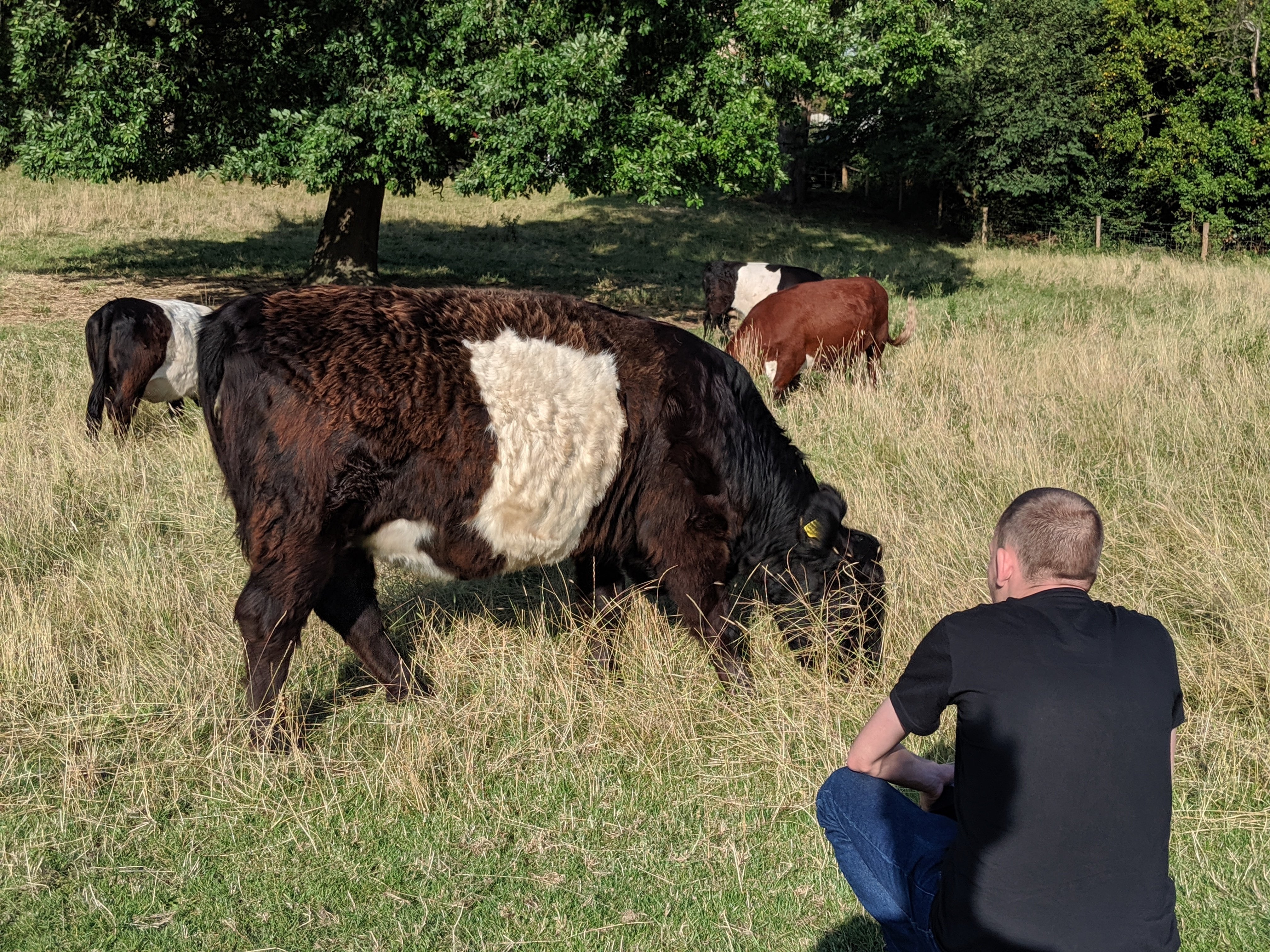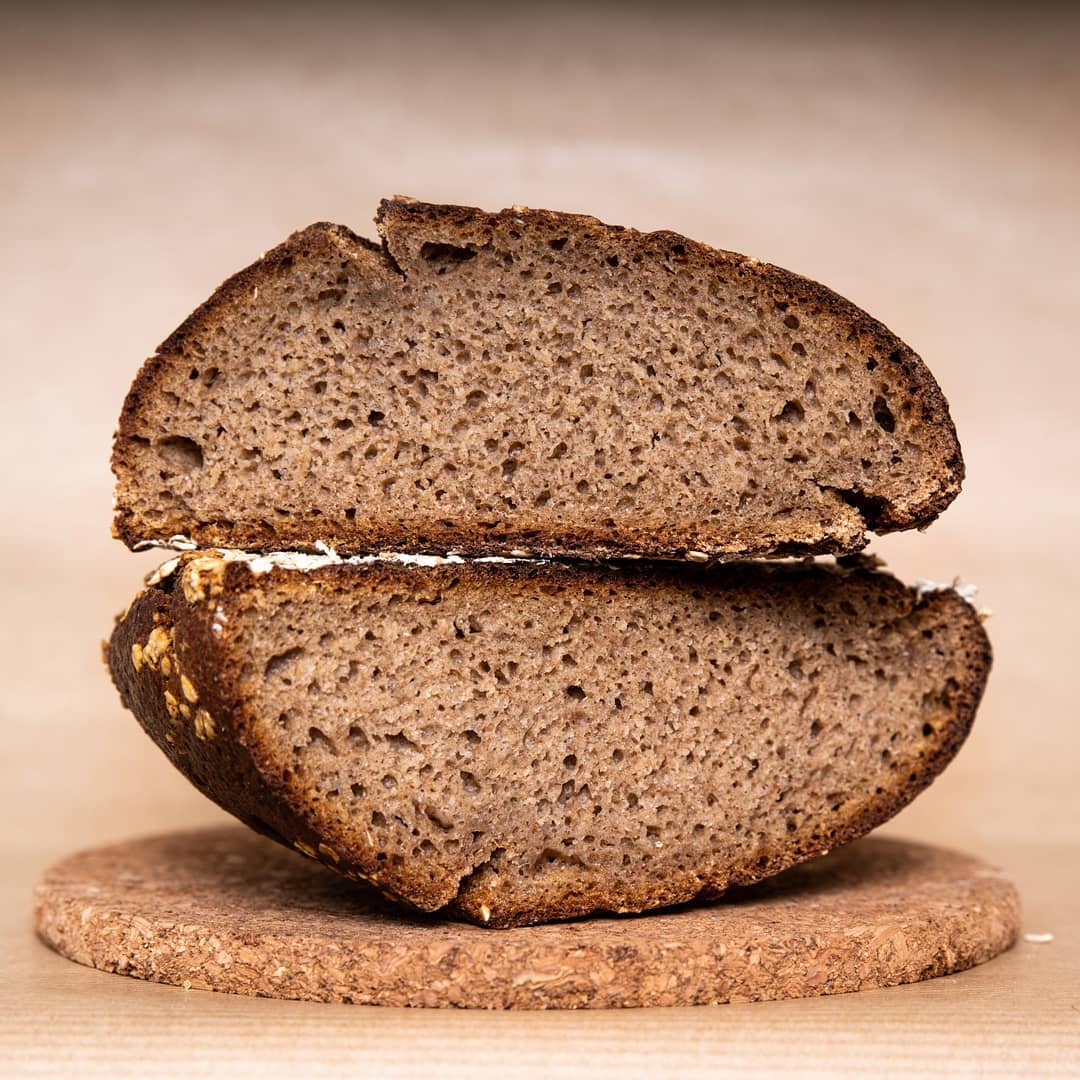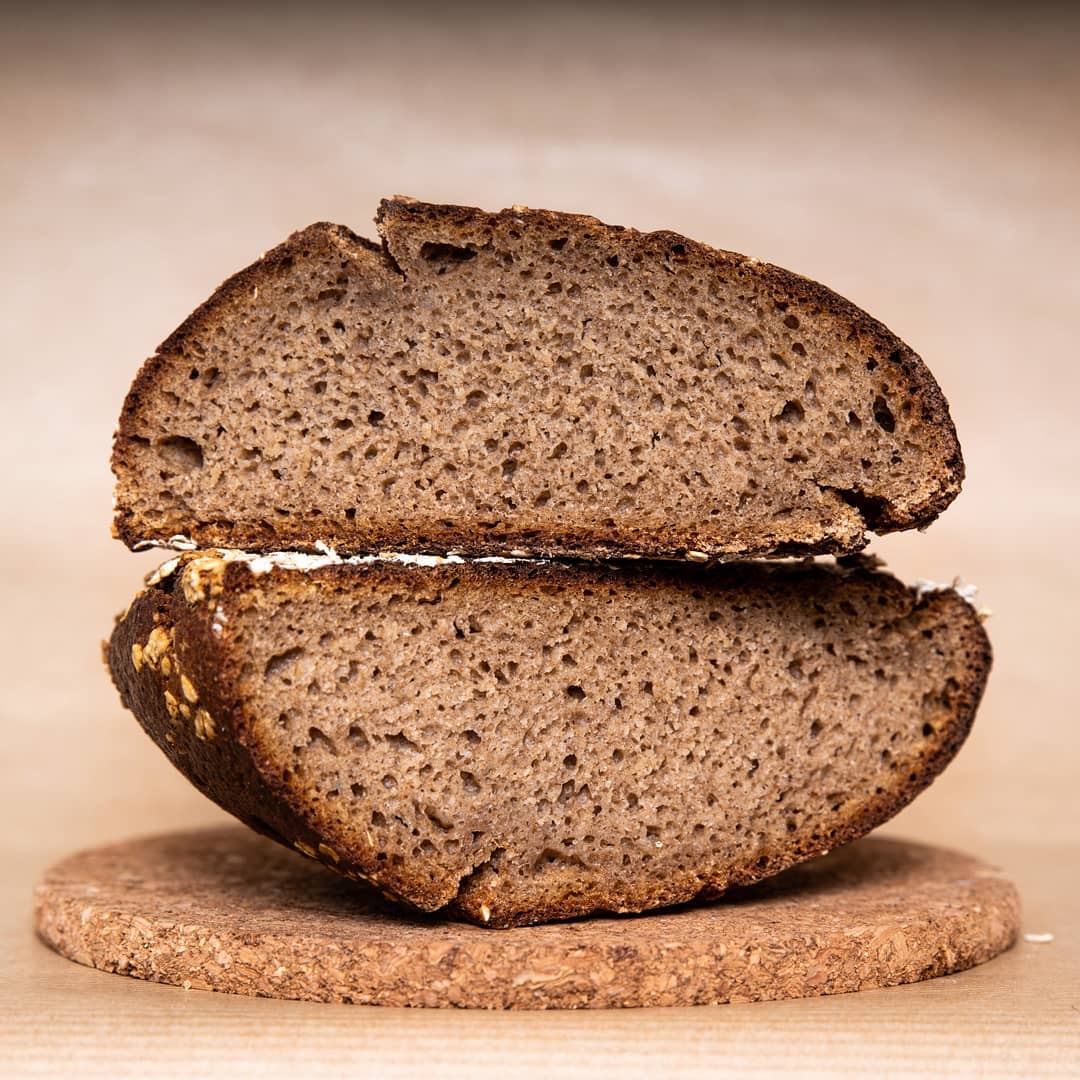Calorie supply is irrelevant. The main source of calories today is sugar. People in developed countries like the US get 14% of their daily calorie intake from sugar, some countries like Brazil get over 20% from sugar. That’s way above the recommended 5%.
Another issue with your logic is that land used for grazing can and is simultaneously used for other needs, and it also supports natural bio diversity. Crop land is pretty much a dead land.














Anyways, private energy works great in the UK.
Speaking of power supply, you have multiple lines. That’s an option here too. We also have an option to have a triple phase 415V (these are rare in domestic applications, but in my home country in Latvia that’s how you hook up an electric oven and a hob). Somehow there’s no limit on how much power the 415V line can deliver, I’ve seen some tables that allow up to 1700 Amps, which is completely bonkers. That’s a bloody megaWatt of power!